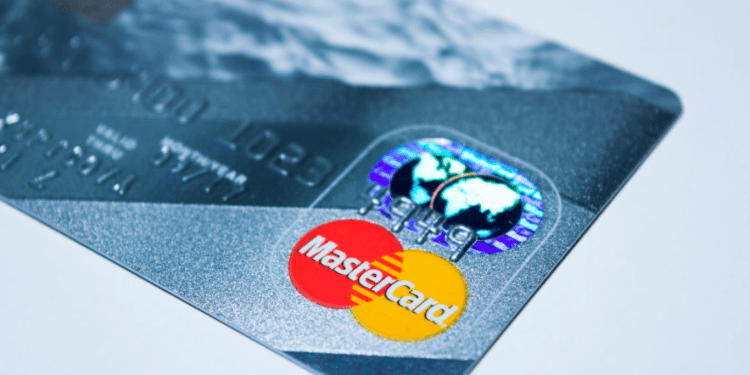The Mastercard-Immersve partnership utilizes decentralized methods to settle real-time bitcoin transactions on shop websites that accept Mastercard payments.
- Users will be able to purchase bitcoin using the leading payment processor Mastercard and the Web3 payment system Immersve.
- To introduce their second prepaid cryptocurrency card in South America, Mastercard, and Binance have entered into a new arrangement.
Mastercard’s Crypto Payments
In the virtual, physical, and metaverse worlds, users can conduct cryptocurrency transactions thanks to a collaboration between Web3 payment protocol Immersve and payments giant Mastercard. Circle’s USD Coin tokens, a stablecoin backed by the US dollar, are converted to fiat after the user’s end of the transaction successfully settles trades on the Mastercard network.
In-store merchants that accept Mastercard payments online can settle real-time cryptocurrency transactions using decentralized protocols thanks to the cooperation between Mastercard and Immersive. Direct cryptocurrency payments can be made by users using their current Web3 wallets without the need for collateral from a third party. As an alternative, Immersve will collaborate with a third-party settlement provider and permit all purchases to be made by users using USDC.
By using their private keys, users will be able to approve payments through well-known Web3 wallets. A significant step toward the widespread acceptance of Web3 wallets, according to Immersive CEO Jerome Faury, is working with a well-known and reputable company like Mastercard. Moreover, Web3 wallets and decentralized financial protocols can be integrated with Immersve’s APIs and smart contracts to conduct transactions anywhere Mastercard is accepted.
Bit2Me and Mastercard
The biggest cryptocurrency exchange in Spain, Bit2Me, launched its new cashback debit card in cooperation with Mastercard on February 10. The Mastercard network, home to millions of businesses worldwide, is how the original Bit2Me card functions for its customers. With this new upgrade, users can receive up to 9% cryptocurrency cashback on all online and in-store transactions made with the card.
According to Bit2Me’s CEO and co-founder Leif Ferreira, using well-known Web2 financial mechanisms like debit and credit cards will help spread awareness of this “revolutionary” technology. “[The] objective is to provide easy access to the boundless universe of Web3 financial services, at the press of a button, for any user from anywhere in the globe.”
A Web3 musician accelerator program, concentrating on the meeting point of the music industry and cutting-edge technologies, was also launched by the company in collaboration with Polygon. Since initially announcing in 2021 that it will provide services globally, Bit2Me has considered expanding its service. In July, after 100,000 barred cryptocurrency investors were kicked off the now-defunct local Spanish trading platform 2gether, the exchange jumped to let them join its platform.
Mastercard in Latin America
Brazil has a higher acceptance and usage of cryptocurrencies than the worldwide average, according to Mastercard’s 2022 New Payments Index. The global study of over 35,000 participants discovered that 49% of Brazilians, as opposed to the standard of 41%, had completed at least one crypto-related transaction the previous year. Mastercard has nurtured several collaborations over many years to remain relevant in the cryptocurrency ecosystem. The launch of Mastercard’s second prepaid cryptocurrency card in Latin America was announced on January 31.
In Brazil, the card enables instant crypto-fiat conversions for 14 tokens. Rewards included 0% fees for some ATM withdrawals and up to 8% cash back in cryptocurrency on qualified transactions at the time of introduction. The new law does not recognize Bitcoin as legal cash, as it does in El Salvador, but lists several digital assets as legitimate payment options. Moreover, a licensing system for providers of virtual asset services was formed.














